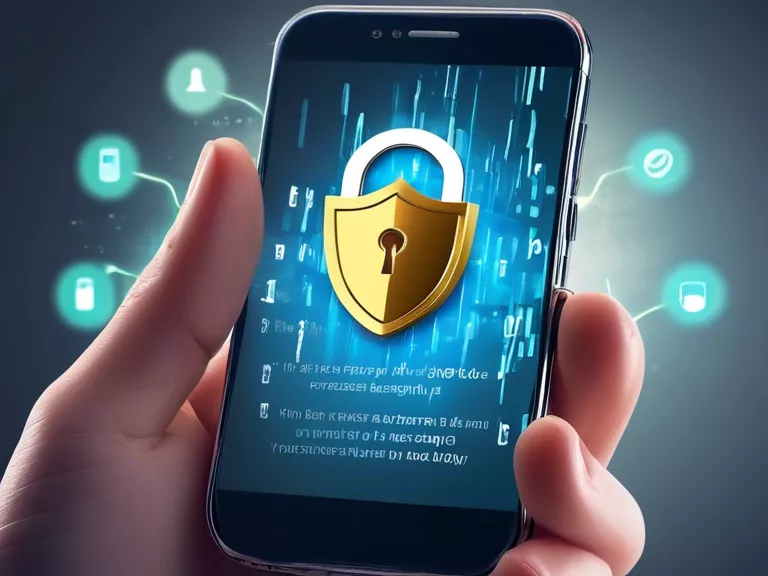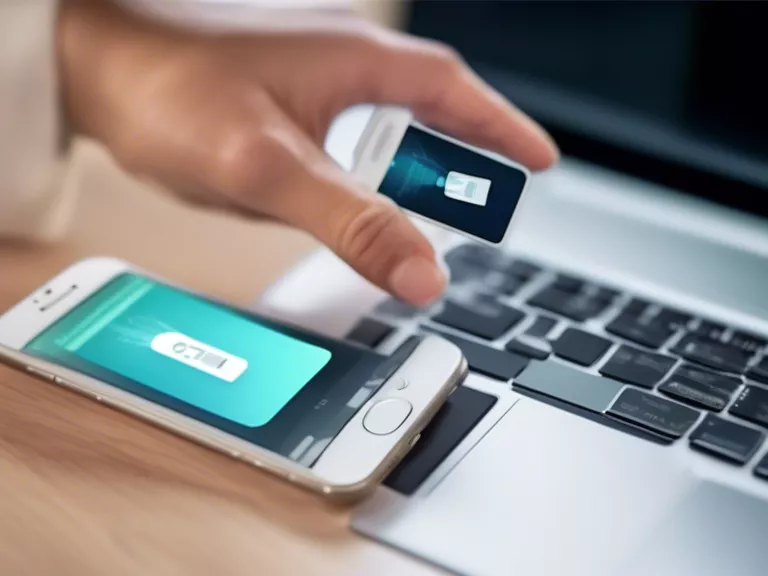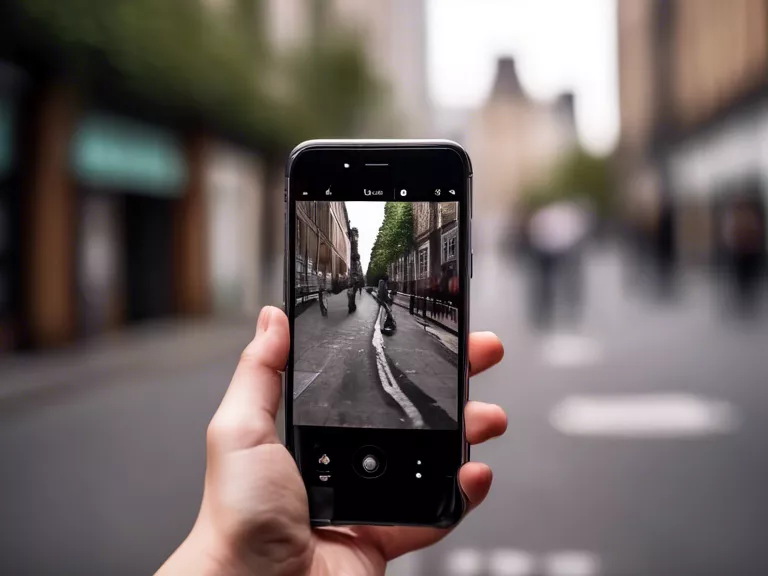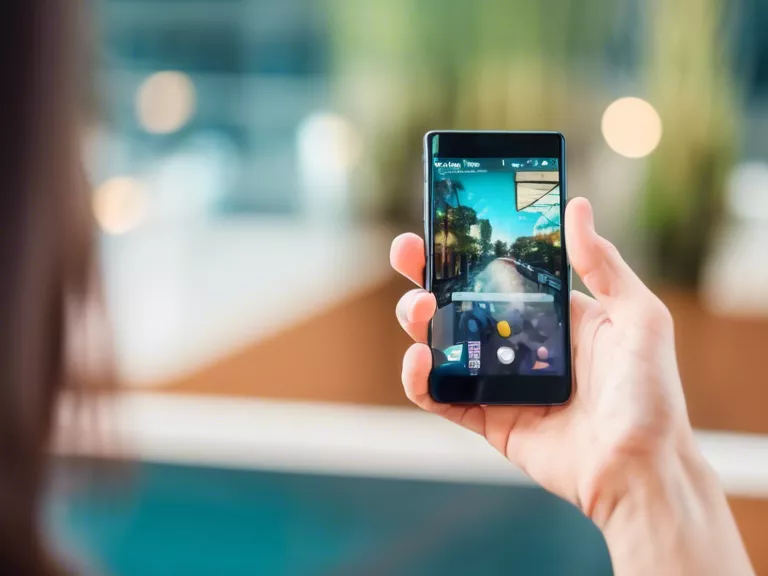
Smartphones have become an indispensable part of our daily lives, storing a wealth of personal information. To protect your data and privacy from cyber threats, it is essential to follow a few key security tips. From using strong passwords to enabling two-factor authentication, here are the top smartphone security measures you can take to safeguard your information.
Set up a strong password or passcode: Make sure to use a complex password or passcode to secure your device. A strong password consists of a mix of letters, numbers, and special characters.
Enable biometric authentication: Utilize fingerprint or face recognition technology to add an extra layer of security to your device. Biometric data is unique to each individual, making it a secure way to unlock your smartphone.
Update your operating system and apps regularly: Keep your smartphone's operating system and applications up to date to protect against security vulnerabilities. Manufacturers release updates to patch any weaknesses that hackers could exploit.
Be cautious of public Wi-Fi networks: Avoid connecting to unsecured public Wi-Fi networks, as they can be a breeding ground for cyber threats. Use a virtual private network (VPN) when accessing sensitive information on the go.
Enable two-factor authentication: Activate two-factor authentication whenever possible to add an extra layer of security to your accounts. This method requires an additional code or confirmation for accessing your data, making it harder for unauthorized users to breach your accounts.
By following these smartphone security tips, you can better protect your data and privacy from potential threats. Remember, being proactive about your security measures can go a long way in preventing unauthorized access to your personal information.



